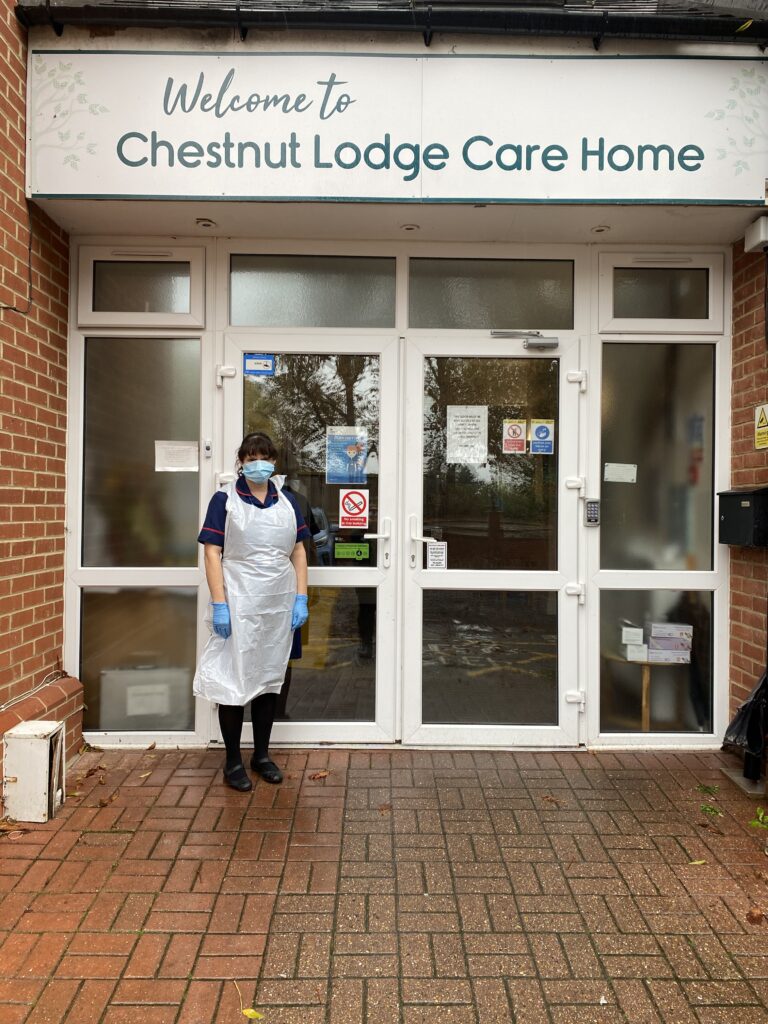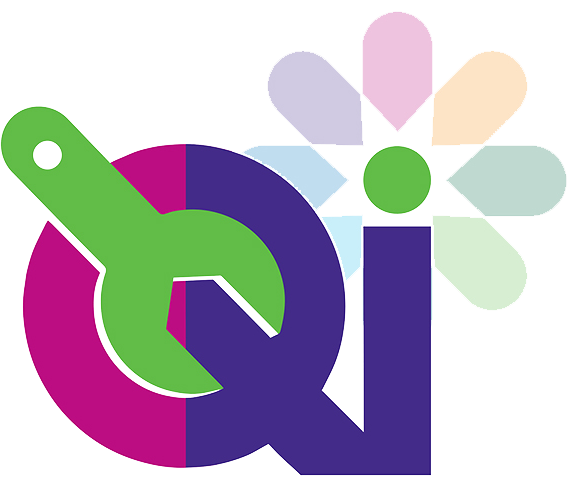A project that involves keeping a close eye on the health of care home residents has been extended for a year – after a trial showed impressive results.
The Docobo telehealth project was initially piloted for six months in two care homes in Maidstone, Kent. In the first three months, it resulted in a 32 per cent reduction in hospital admissions, a 25 per cent reduction in 999 calls, a 67 per cent reduction in 111 calls and a 44 per cent reduction in all GP contact.
As a result of this success, it is now running in four care homes, with three of the homes in Maidstone and one in Tonbridge. The project was paused during the first wave of COVID-19, but resumed and extended in September (2020).
Using a Docobo telehealth solution, staff at the care homes carry out simple health checks with residents each day and record these via a Docobo app.
This system is closely monitored by the Complex Care Team at Kent Community Health NHS Foundation Trust (KCHFT) which can instantly see if a resident’s health is stable or deteriorating. The team can then immediately step in with the most appropriate action, which might be as simple as carrying out increased observations to monitor a patient more closely, or tweaking a patient’s medication.
KCHFT Project Manager Andy Platt said: “We extended the project because the clinical team at KCHFT and staff at the first two care homes established an excellent relationship and a new way of working, which resulted in improved outcomes for the care home residents.
“The result from the trial showed a clear reduction in unplanned hospital admissions and contact with emergency care services, which is vital for these key NHS services, and we expect the level of reductions we are seeing will remain the same, as the number of care homes we support increases.
“Together with the excellent results we have achieved, it’s also important to realise how using this is benefitting care home residents. Their health is being closely monitored and any deterioration in their health is detected much quicker than before, resulting in spending less time with GPs and in hospital and more time feeling comfortable in their homes. A visit to A&E can be stressful and unsettling.”
The project has seen KCHFT and care home staff monitoring residents with long-term conditions, such as heart failure, diabetes and chronic obstructive pulmonary disease (COPD). The care home staff do simple healthcare checks with residents each day and ask condition specific questions, such as have they felt dizzy, short of breath or more tired than normal. They record this information using the Docobo app, which is installed on a tablet.
Andy said: “The Complex Care Team at KCHFT closely monitors the data trends and will quickly detect if a resident’s health is deteriorating. We have set up parameters for each patient and if their observations fall outside of these, an alert is sent to the on duty complex care nurse who would then respond to the alert.
“The project is reducing pressures on urgent care services. It also means the Complex Care Team can focus on the patients who urgently need the specialist care that they provide.
“The care homes we worked with during the trial were very positive about this project and said it has resulted in their staff becoming more confident in looking after residents and carrying out basic observation checks, including blood pressure and temperature. It has helped improve their knowledge and skills.”
Andy has worked on the project with colleagues Steph Rhodes, Head of Long Term Services and Lauren Warburton, Operational Manager west Kent. It has been overseen by KCHFT Medical Director Sarah Phillips.
The care homes involved in the project are The Oast, Chippendayle Lodge and Eastfields, in Maidstone and Chestnut Lodge, Tonbridge.
Andy ran a quality improvement (QI) project to help with the introduction of Docobo at the care homes. He aimed to reduce hospital admissions, calls to 999 and GP visits, each by 10 per cent, but far surpassed this initial target. One QI tool Andy used was a driver diagram, to help establish what action was needed to make an improvement.
Adrian Flowerday, Managing Director and Co-founder of Docobo, said: “It’s brilliant to see the real benefits of remote monitoring for care home residents and the fantastic stats speak for themselves.
“Docobo has been working in Kent for some years now and the quality improvement route taken to develop the new way of working in care homes is something we’ve been happy to support the excellent team at Kent with. The great results are a combination of the people, process and technology coming together, so I’d like to personally thank the staff at KCHFT and the care homes for the amazing outcomes, and the fact that it helps so much during the pandemic and lockdown, is great.”
Find out more by taking a look at Andy Platt’s project on a page here: https://qi.kentcht.nhs.uk/docobo-telehealth/



